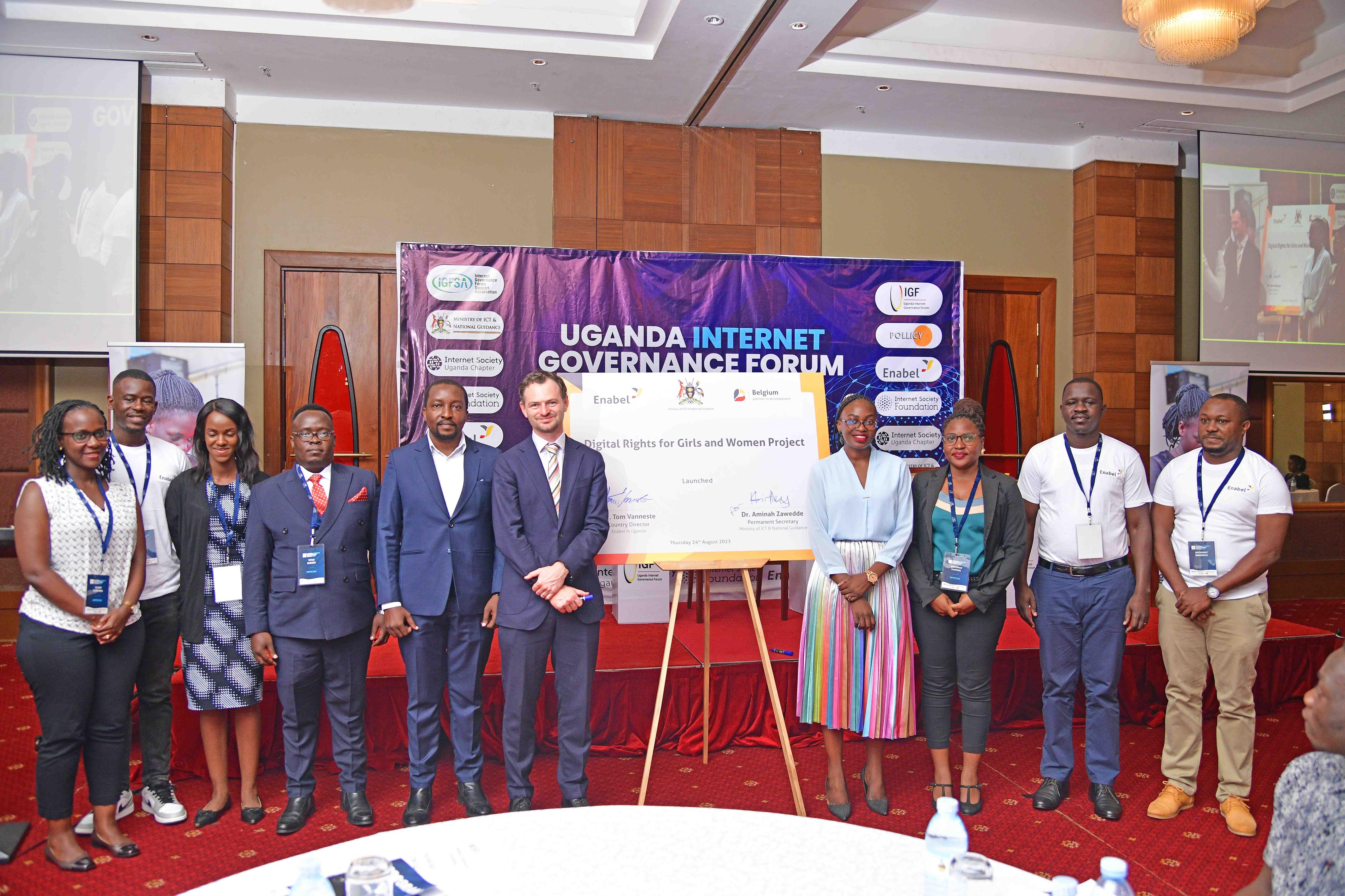Prime
Govt eyeing partnerships with private sector to spur digital growth

A woman uses a computer to browse the internet. PHOTO/ MICHAEL KAKUMIRIZI
What you need to know:
- Uganda wants to increase the number of people with digital skills.
Uganda is eyeing collaborations with the private sector to accelerate its ambitious digital transformation plan before 2040.
Some of the pillars in the ICT ministry's roadmap, such as digital skills, cyber security, data protection and safety, innovation, and entrepreneurship, are being taught ahead of infrastructure rollout in various government institutions.
The ministry has equipped a several local startups and students with coding, computer science, and engineering skills, in partnerships with some of the most established technology firms across the country.
For instance, the National ICT Innovation Hub provides access to seed capital as well as a working environment through the innovation and entrepreneurship program, which “primarily aims to support the growth and development of local software applications and innovations.”
“The message we are sending out is that we want this whole country digitized. Government cannot do this on its own. We do it together with development partners, the private sector, academia, civil society, and everybody,” said Dr Amina Zawedde, the permanent secretary in the Ministry of ICT and National Guidance.
The Ugandan government is working with telecom giants MTN Uganda on a Shs1 billion program to acquire hardware, software, and expertise to teach Makerere University and Uganda Institute of Information and Communications Technology students various programming languages and IT skill-sets.
The government trained 185 youths using Centenary Technology services, Refactory, MUBS Entrepreneurship Innovation and Incubation Centre, as well as MTN’s fintech arm.
Uganda wants to increase the number of people with digital skills, which are currently less than half its population, to encourage innovation and entrepreneurship nationwide while easing the burden on the country's 19 million workers out of its 45 million citizens.
"ICT supports agriculture, health, tourism, and education, so you have to be relatable to people, and that is what these programs are geared towards," Dr Zawedde said on Saturday.
Meanwhile, Uganda is also looking to growth and development of local software applications and innovations through its innovation program by providing access to seed capital as well as a working environment to local startups through the National ICT Innovation Hub.




